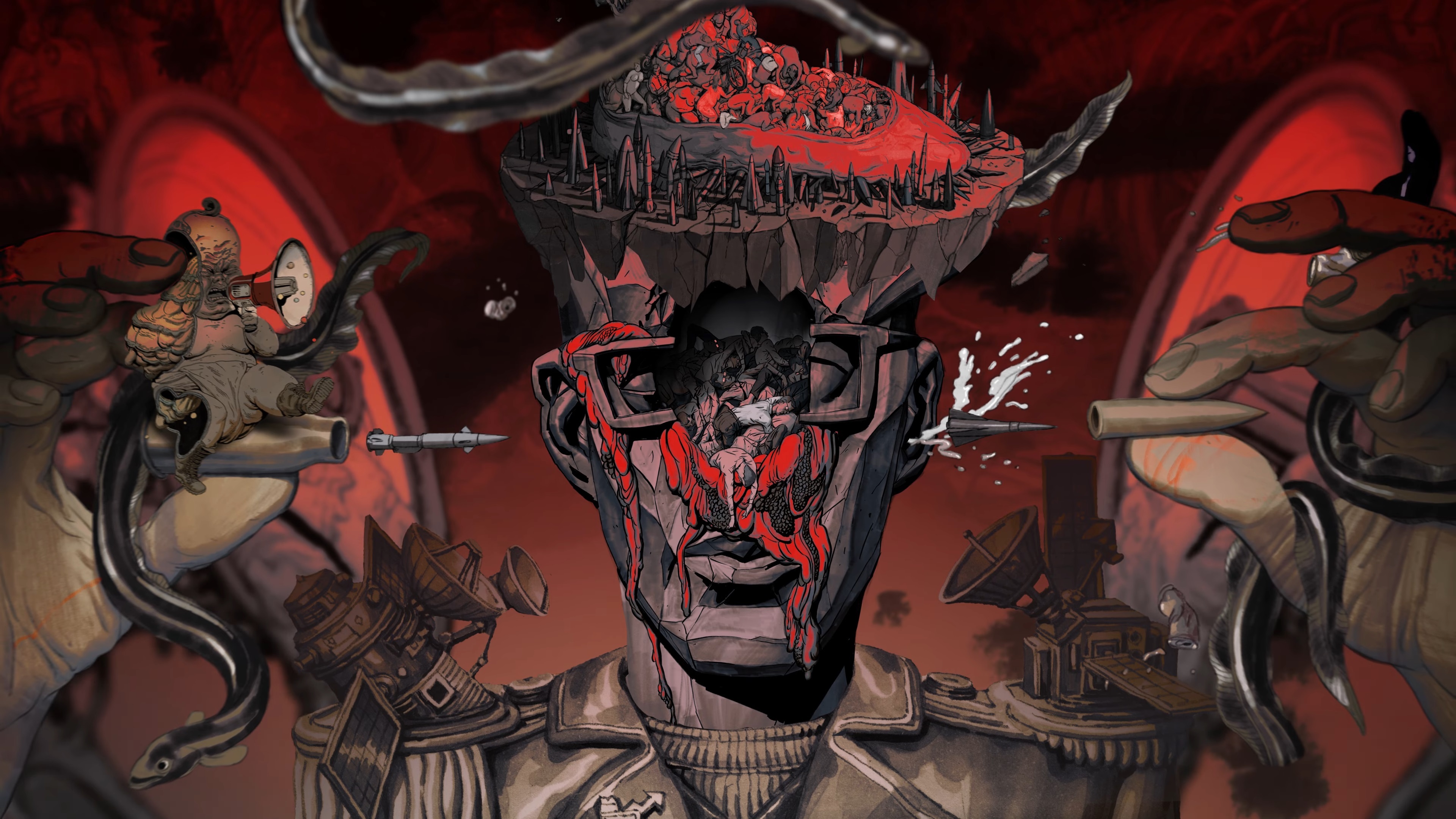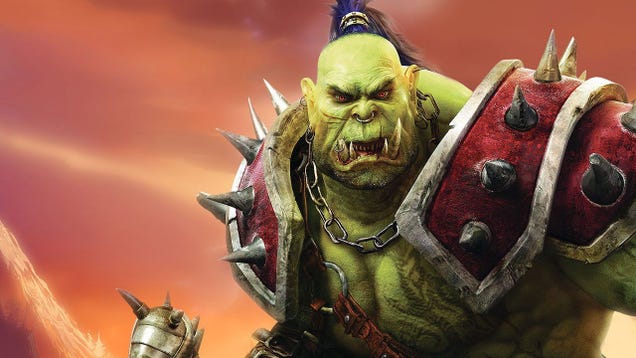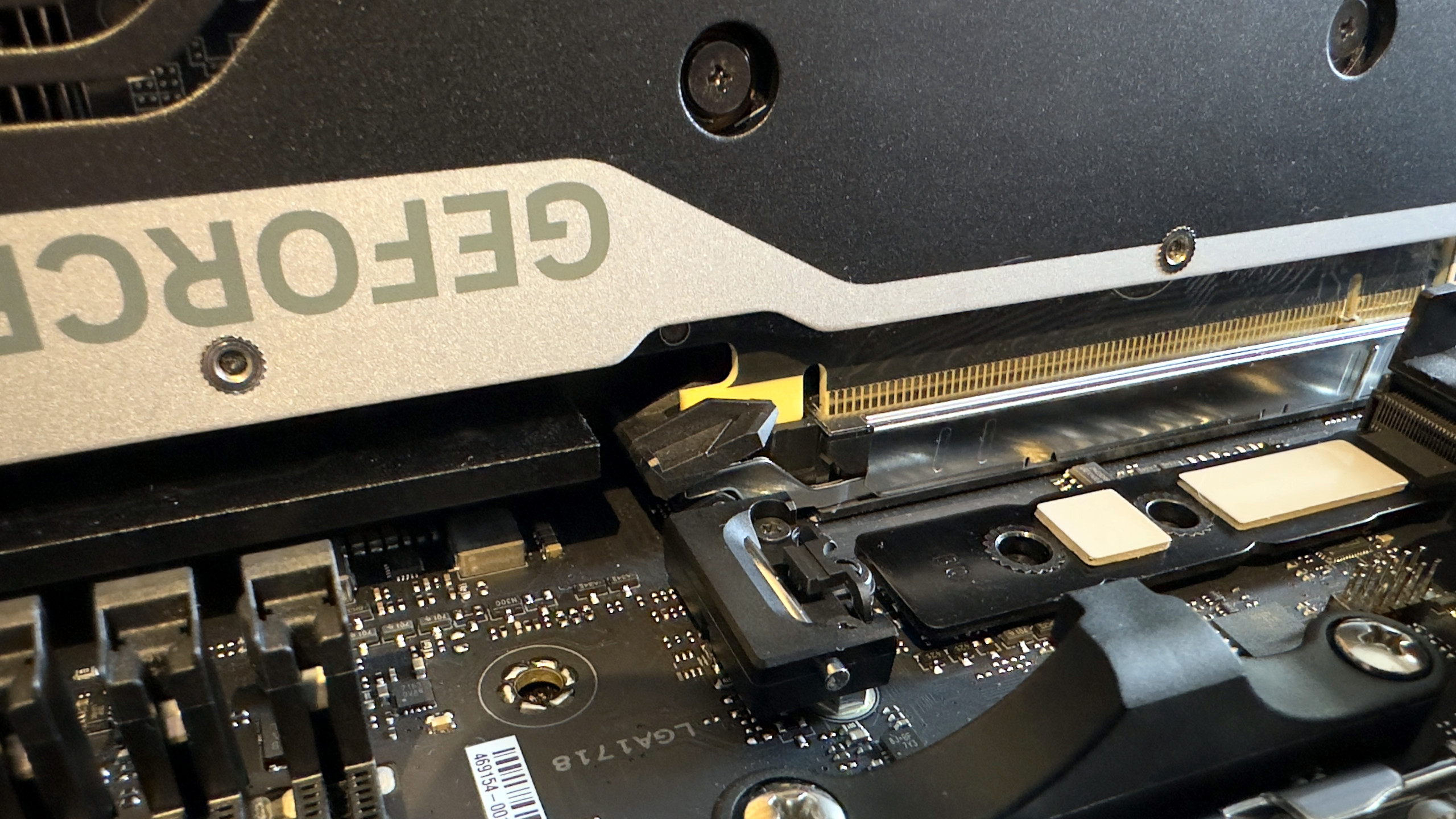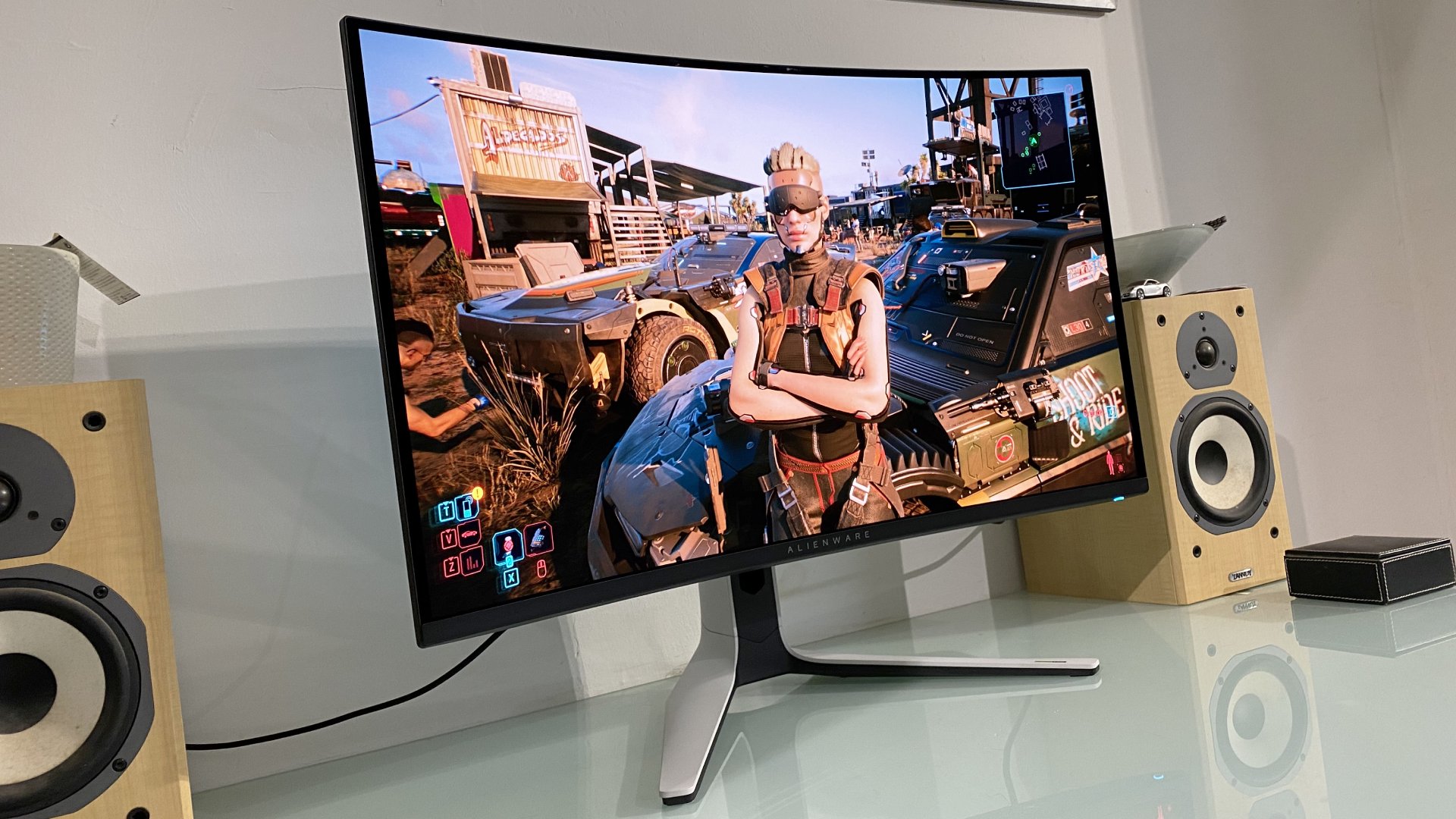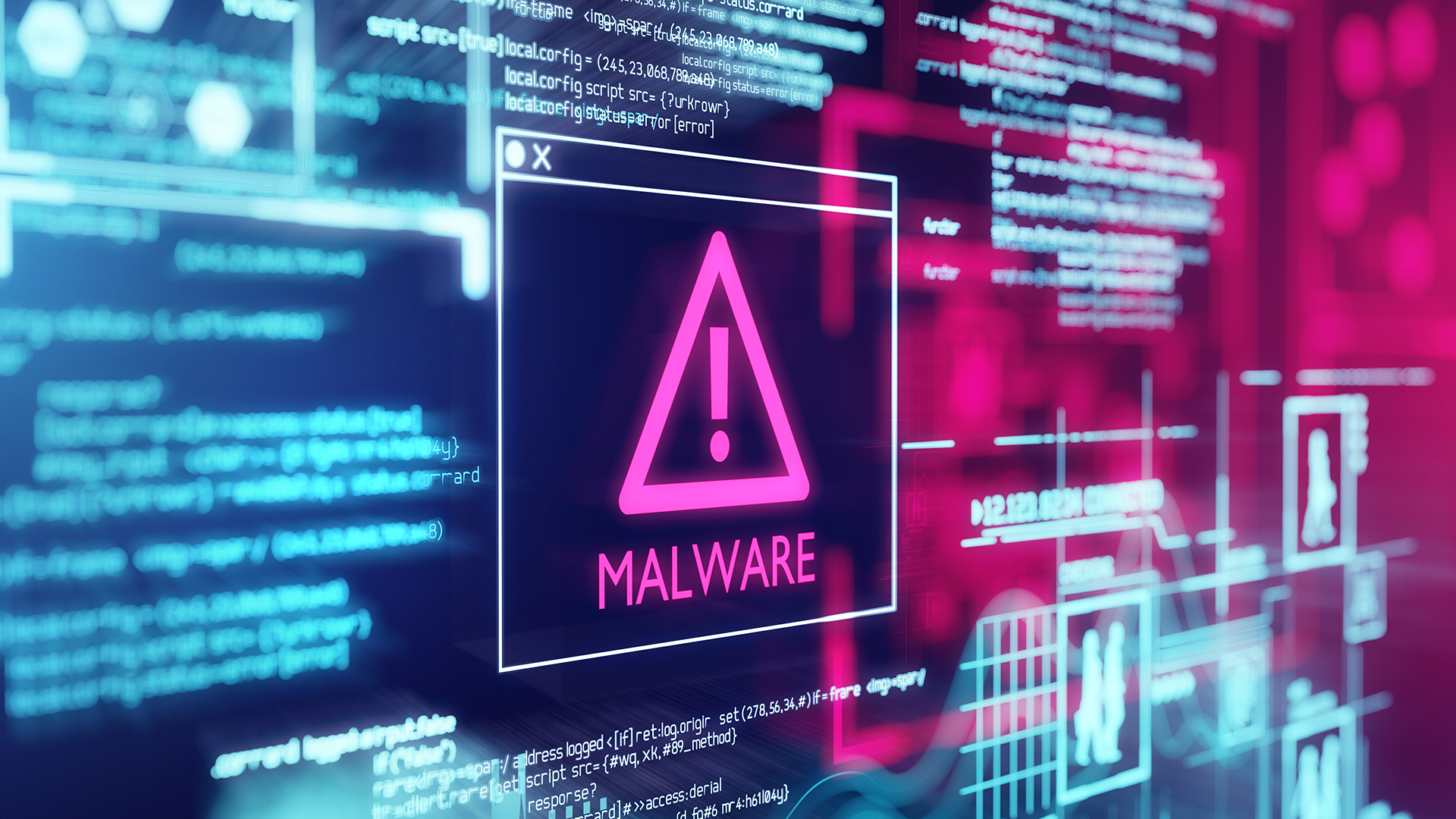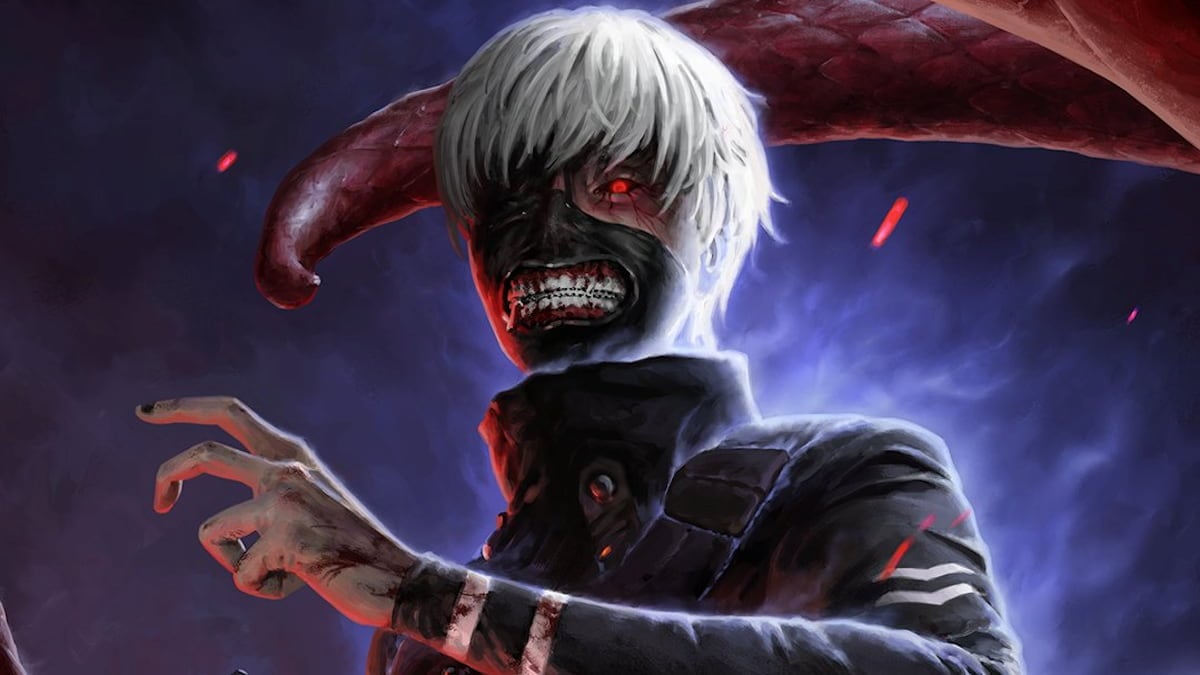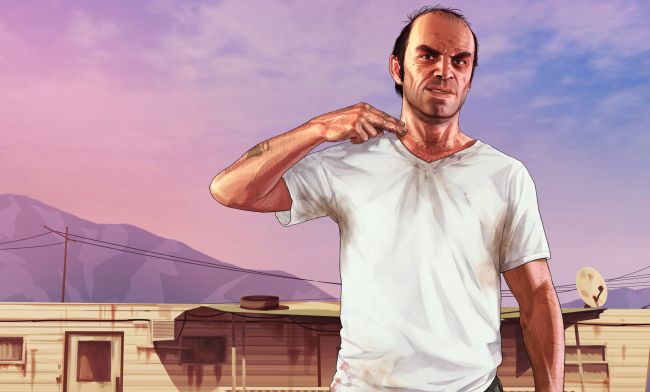
Mountains crumble, oceans boil, stars flare and die—the one constant is Strauss Zelnick remains ready to make bank.
Nothing lasts in our garden of Earthly delights, not even hit videogames, and that’s why it’s vital to try new things—so says Strauss Zelnick, chairman and CEO of Take-Two Interactive, the man who’s presided over the sale of more than 205 million Grand Theft Auto videogames, one of the biggest and most consistent hit series of all time.
Zelnick’s philosophical musing came during last week’s Q2 2025 investors call, in response to a question about whether consumers are receptive to new things as opposed to old things. Take-Two, the parent of Rockstar Games, is at first blush very much known for its “legacy IP”—most obviously Grand Theft Auto and Red Dead Redemption. But Zelnick is seemingly envisioning a future in which those games aren’t quite the behemoths they have been over the past two decades.
“We know that if we put out a sequel, it’s a lower-risk proposition than new intellectual property,” Zelnick said. “But everything degrades. And even though most of our franchise sequels tend to do better than the prior release—and we’re really proud of that because that’s not standard for the industry—the truth is there is this thing called decay and entropy. It’s a feature of physics and human life and everything that exists on earth.
“And so ultimately, everything does decay, including hit titles. So if we’re not trying new things and making new intellectual property, we’re—to say that we’re resting on our laurels really understates it. We’re really running the risk of burning the furniture to heat the house. And that doesn’t end well.”
Zelnick said Take-Two’s “hit ratios are really high for this industry,” but also acknowledged that the “risk profile” of new IPs is higher than rolling with known quantities, and that Take-Two does “get it wrong” now and then. But, he added, “if we had not been willing to create new intellectual property when we showed up here 18 years ago when the risk profile of this enterprise was vastly greater than it is today, well, then none of us would be sitting here today and you wouldn’t be listening to this call. That’s just the fact.”
We know that if we put out a sequel, it’s a lower-risk proposition than new intellectual property. But everything degrades.”
Strauss Zelnick, Take-Two Interactive chairman and CEO
He’s not wrong. Our capitalist system is built to pump oil, but sooner or later every well runs dry. (I can do metaphors too.) And while GTA and RDR are world-beaters now, and Take-Two has a number of other heavy-hitters on its roster including the lucrative 2K sports games, Civilization, Borderlands, BioShock, and Mafia—the latter two of which, at least, could be seen as suffering from the decay Zelnick is worried about—the risk of being caught with your pants down if and when those games start to sputter is very real.
Truthfully, though, I can’t really think of anything genuinely new Take-Two has cooking right now aside from Judas, the new game from Ken Levine’s Ghost Story Games. And even that appears to be more technically new than, y’know, new: Based on what little we’ve seen of it so far, it sure does look like another KenShock.
Ironically, Zelnick made his comment on the same day he announced Take-Two’s decision to sell Private Division, the publishing label it established in 2017 specifically to support the development of new, indie-styled games. Zelnick said in the same call that while Take-Two was “really impressed” by what came out of Private Division, its big hits like The Outer Worlds and No Rest for the Wicked “were not big in the context of our core intellectual properties.”

